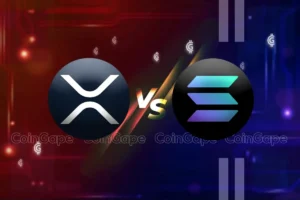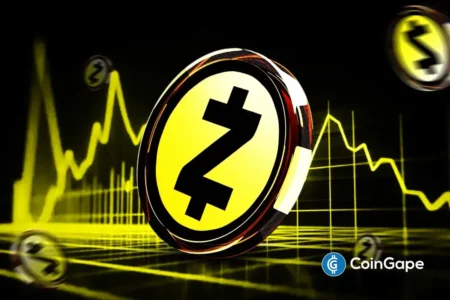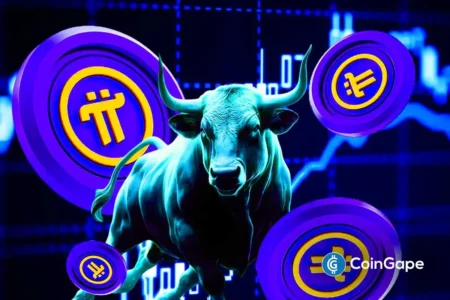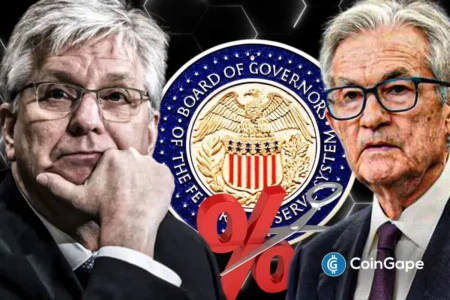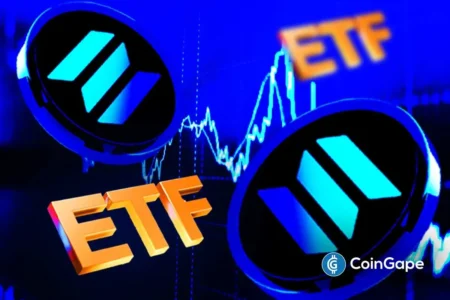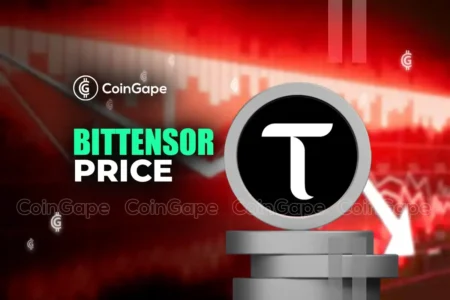The Emergence of Tokenized Equities: Telegram Joins the Race
The tokenized asset market, valued at a staggering $35 billion, is witnessing a rapid transformation, with equities emerging as a prominent frontier. What initially started as niche experiments on various blockchains is now a competitive race among major exchanges and Web3 platforms. From Gemini’s early ventures in tokenized securities to blockchain networks like BNB Chain and Solana enhancing their Real-World Asset (RWA) initiatives, the momentum toward on-chain equities is progressing rapidly. Recently, one of the largest messaging platforms in the world—Telegram—has made its move, signaling a significant evolution in how consumer products intersect with the financial sector.
Telegram’s Strategic Leap into Tokenized Stocks
On October 1, 2023, Irena Takina, Chief Growth Officer of Wallet in Telegram, unveiled the company’s ambitious entry into the organized equities market. Their collaboration with Kraken and Backed Finance AG would allow users to buy tokenized stocks and Exchange-Traded Funds (ETFs) directly through Telegram’s integrated wallet. Just weeks later, on October 27, the trading of over 60 tokenized stocks and ETFs became available to millions, making it one of the fastest go-to-market launches in the tokenization industry. This swift rollout epitomizes the growing interest and urgency within the sector.
The new feature facilitates the purchase of fractionalized shares starting at just $1, a dramatic shift from the conventional minimum investment requirements typically associated with brokerage accounts. These tokenized representations of stocks and ETFs are compliant with regulatory standards, enhancing their tradability via Backed Finance’s infrastructure and Kraken’s exchange connectivity. Notably, all transactions occur within Wallet in Telegram, an in-app crypto and payments layer built around The Open Network (TON) blockchain, making the investment process as simple as sending a message.
The Competitive Landscape of Tokenized Equities
Despite Telegram’s recent entry into the tokenized equities space, the market still has significant challenges ahead. A recent report from Block of Fame indicated that the total value of tokenized stocks on-chain is merely $686.9 million, accounting for just a tiny fraction—0.0007%—of the total global equity market. This surprisingly low figure serves as a catalyst for competition among a diverse array of players, from agile Web3 startups to established fintech companies, all vying to capture even 1% of the staggering $100 trillion stock market through blockchain technology.
The race has sparked several innovative initiatives aimed at optimizing financial data transfer across blockchain networks. For instance, Ondo Finance has appointed Chainlink as its official oracle provider for its tokenized stocks and ETFs, significantly enhancing the movement of financial data. Chainlink’s provision of custom price feeds for Ondo’s vast array of over 100 tokenized equities—including U.S.-listed stocks and ETFs—emphasizes the necessity for precision and transparency in this evolving marketplace.
The Road Ahead: Opportunities and Challenges
While Telegram’s move should be seen as a bullish indicator of the sector’s growth potential, significant hurdles remain. The initial numbers reflect a market that is still in its infancy, suggesting that widespread adoption and investment into tokenized equities may take time. As the industry matures, existing mechanisms will need to adapt to accommodate the expected influx of participants. Regulatory frameworks, market liquidity, and consumer trust will play pivotal roles in shaping the future landscape of tokenized assets.
Tokenized equities can democratize investment, allowing users with limited financial means to access fractional ownership of major global companies, thereby broadening the investment landscape. However, potential investors must navigate the evolving regulatory landscape and ensure they have a thorough understanding of the associated risks.
The Future of Tokenized Assets: What’s Next?
As more platforms and exchanges focus on tokenized assets, the ecosystem surrounding them is likely to expand. The convergence of technology and finance brings opportunities for innovation, particularly in service delivery and user engagement. For instance, practices that prioritize user experience, such as simplifying complex financial concepts and transactions, will be crucial in attracting a broader audience.
With major players like Telegram stepping into this arena, we can expect to see an acceleration in innovations that may redefine the meaning of equity investment. Additionally, the integration of user-friendly interfaces with robust financial backing could make investing more intuitive and accessible to the everyday consumer.
Conclusion: Embracing the Tokenization Wave
As we stand at the cusp of an evolution in investment through tokenized assets, major players are recognizing the immense potential this market holds. Telegram’s foray into tokenized equities represents more than just a new product; it signifies a pivotal change in the financial landscape that could potentially reshape how consumers engage with investments. By lowering barriers to entry and prioritizing user experience, the tokenization of equities promises to attract a new demographic of investors and expedite the regulatory and technological developments needed to facilitate this rapidly growing market segment.
As the race to capture a slice of the global equity market intensifies, the ongoing developments in tokenized assets will be closely monitored by industry experts and investors alike. Staying informed and involved in this burgeoning sector could yield significant advantages for those willing to embrace the potential of blockchain-based investment solutions.

